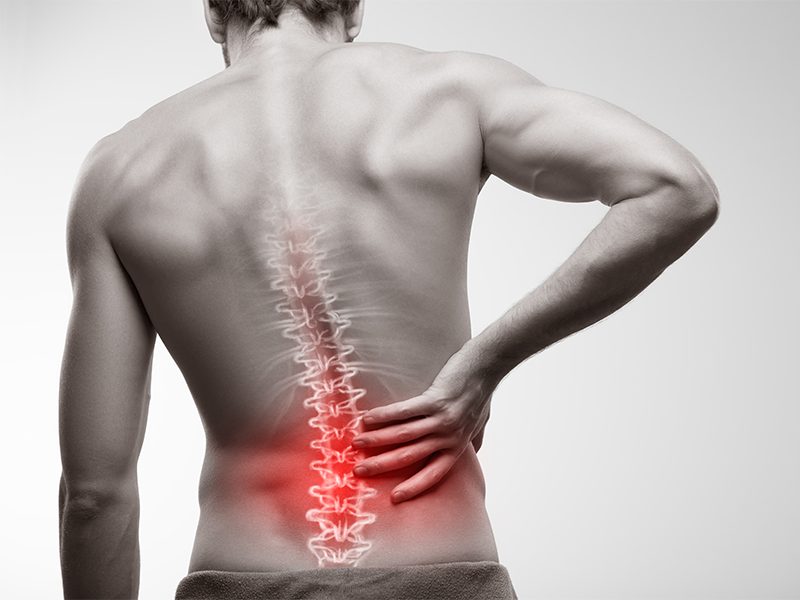A herniated disc occurs when the inner gel-like material of a spinal disc pushes through its outer layer. This change can place pressure on nearby nerves, often leading to pain, numbness, or weakness in the limbs. The most common areas affected include the lower back and neck. Herniation may result from wear and tear, sudden strain, or repetitive movements over time. While some individuals experience immediate symptoms, others may feel only mild discomfort—or none at all—in the early stages.
Nerve Compression and Pain Progression
When left untreated, a herniated disc may continue to press against spinal nerves. This pressure often causes pain to radiate along the path of the affected nerve. Over time, discomfort may spread, become more intense, or shift locations. Sciatica is a common outcome when the disc compresses the sciatic nerve, producing burning or shooting sensations that travel down one leg. Without relief, these symptoms may interfere with walking, sitting, or standing for extended periods.
Numbness, Tingling, and Weakness
In addition to pain, many individuals with an untreated herniated disc report numbness or tingling in their arms or legs. This sensory disruption may remain mild or grow more pronounced over time. Muscle weakness is also possible when nerve signals become blocked or interrupted. In some cases, the muscles supported by the affected nerve may begin to shrink or function less efficiently. This decline can reduce coordination, impact balance, and affect daily activities such as lifting, gripping, or climbing stairs.
Chronic Pain and Reduced Mobility
Persistent nerve irritation often leads to long-term inflammation and stiffness. Individuals may find that pain becomes more consistent or flares up after light activity. As discomfort increases, the tendency to limit movement grows, which can weaken surrounding muscles and joints. Limited mobility may lead to changes in posture or gait that place additional stress on other parts of the spine. Over time, this cycle can create new sources of pain in the hips, knees, or shoulders.
In rare but serious cases, a herniated disc may compress nerves that control bladder and bowel function. This condition, known as cauda equina syndrome, is considered a medical emergency. Warning signs include severe back pain, numbness in the groin area, and a sudden loss of bladder or bowel control. Without prompt intervention, nerve damage may become permanent. Although not every herniated disc leads to this outcome, delaying evaluation increases the risk of serious complications.
Emotional and Mental Health Effects
Living with untreated pain often impacts emotional health. Chronic discomfort may lead to sleep disruption, fatigue, irritability, and decreased quality of life. Over time, these issues can contribute to depression or anxiety. The inability to participate in favorite activities or meet physical demands at work may add frustration. Seeking support early—whether from a medical provider, physical therapist, or counselor—can help reduce these impacts and support better long-term outcomes.
Spinal Degeneration Over Time
Leaving a herniated disc untreated may contribute to the progression of degenerative spinal conditions. The added pressure on nearby discs and joints may accelerate wear and lead to conditions like spinal stenosis or arthritis. As the spine adjusts to compensate for the affected area, alignment may shift and increase strain on surrounding tissue. While the body sometimes adapts, this compensation often leads to secondary issues in other regions of the back or neck.
Get a Herniated Disc Consultation
Early diagnosis offers more options for conservative treatment, including physical therapy, posture correction, stretching, and medication. When symptoms remain mild, these strategies may provide meaningful relief. If discomfort becomes more severe, imaging tests may help guide the next steps. In cases where pain persists or function continues to decline, interventional procedures or surgery may be considered. Waiting too long to seek care may limit the effectiveness of treatment and extend the recovery period.



